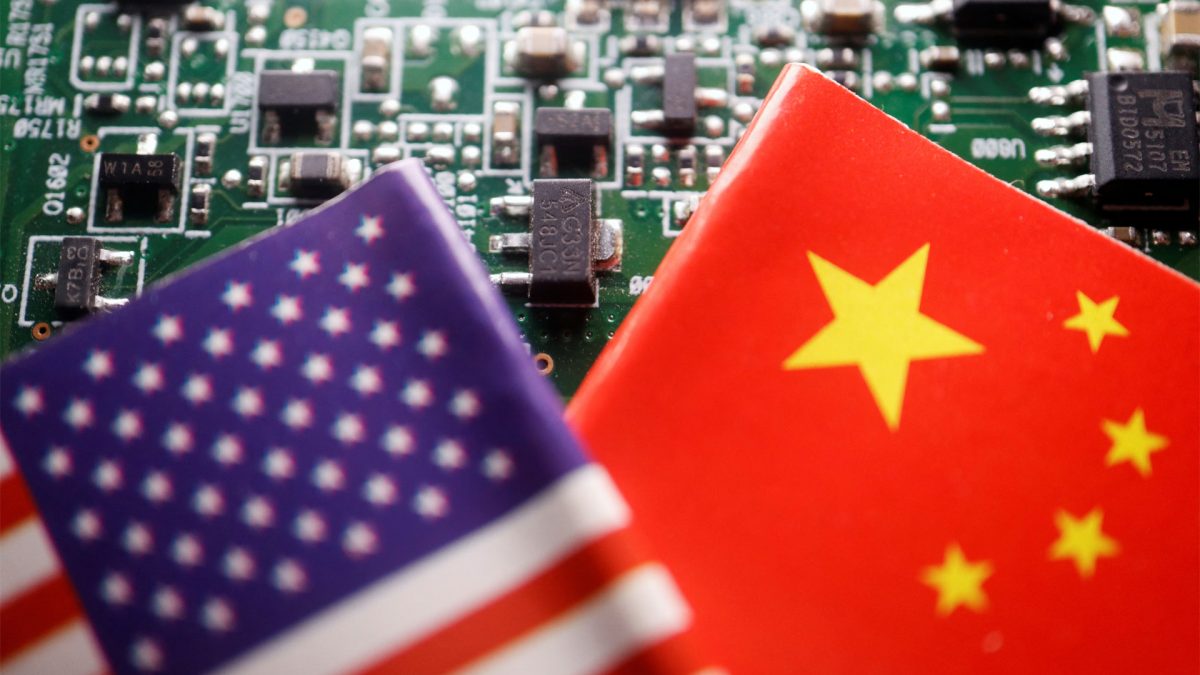The Biden administration has taken a strong stance against China’s access to advanced technology, adding over two dozen Chinese companies to its restricted trade list. Among the firms blacklisted are Zhipu AI, an AI research company, and Sophgo, a chipmaker involved with Huawei’s artificial intelligence systems.
This move is part of the US’s ongoing efforts to limit China’s ability to develop military and surveillance technology using advanced chips.
Expanding the entity list
On Wednesday, the US Commerce Department added 25 companies based in China, as well as two in Singapore, to its Entity List. Being placed on this list means that these companies can no longer receive US goods or technology without a special license, which is usually denied. Zhipu AI, a company supported by heavyweights like Alibaba and Tencent, was added because of its work in AI research that the US believes is contributing to China’s military development. Sophgo, a semiconductor company, came under scrutiny after a chip it ordered from Taiwan Semiconductor Manufacturing Co. (TSMC) was found in a Huawei AI processor. This discovery has raised red flags about Huawei’s involvement in China’s AI ambitions and its continued influence on critical technology.
Huawei, already blacklisted by the US since 2019, is at the center of these concerns, with the US working hard to limit its access to key technology. The new blacklisting is part of a broader strategy to prevent China from obtaining advanced semiconductors, which could be used to strengthen its military and surveillance capabilities.
Stricter regulations on AI chips
In addition to expanding the Entity List, the US has imposed tighter rules on exporting semiconductors, especially those needed for AI applications. These chips, with nodes smaller than 14 or 16 nanometers, are essential for developing AI systems, and now the US wants to control their flow to China. The new rules also target DRAM memory, which is crucial for high-bandwidth AI processors, further restricting China’s access to the kinds of chips that could be used in military or surveillance systems.
This move puts more pressure on semiconductor companies to ensure their products are not being diverted to blacklisted entities like Huawei. Companies now have to verify that their chips aren’t being used in ways that could support military programs, which includes new reporting and due diligence obligations.
Reactions from affected companies
Zhipu AI responded to the blacklisting by saying the decision was unfounded and that it wouldn’t significantly impact its operations. The company argues that it has already developed the core technology for large language models. As for Sophgo, which is affiliated with the bitcoin mining equipment giant Bitmain, the company has denied any business relationship with Huawei. Both Sophgo and Huawei have yet to comment on the latest additions to the restricted trade list.
This latest round of restrictions is part of the US government’s broader push to control the development and distribution of advanced technology, particularly AI, as the geopolitical race for technological dominance heats up. With the global stakes getting higher, the US is clearly determined to limit China’s ability to strengthen its military through access to cutting-edge technologies.
)